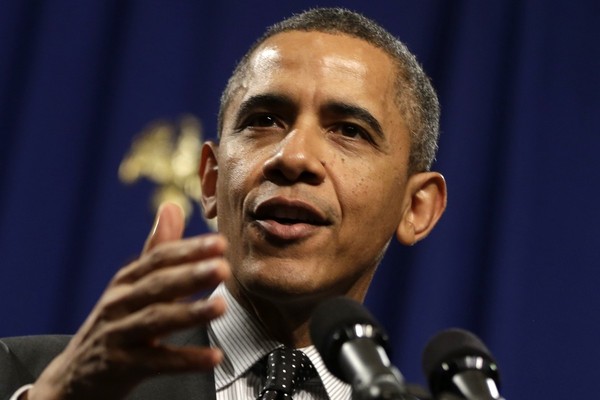A new debate emerges among foreign policy wonks.

Thomas Wright argues that the "new debate" among Democrats in foreign policy is a divide between "shapers" who want America to play an activist role abroad and "restrainers" who don't. Wright sees a short-term win for the restrainers, with a caveat:
Restraint is an idea that seems to fit the moment. Americans are tired of war and feel more constrained after the worst financial crisis since the Great Depression. However, over time, the realization will set in that staying out also shapes the world -- and probably in a way that is detrimental to America's interests. It creates a vacuum filled by others. It fuels uncertainty. And it exacerbates crises.
Larison isn't buying it:
Armed foreign intervention, providing military supplies to one side in a conflict, and imposing sanctions on another country create their own kinds of uncertainty and exacerbate the crises they are meant to address, and they do so in ways that directly involve the U.S. and impose longer-term obligations on it. Toppling regimes creates vacuums that are filled by others, and that has been true even when the U.S. has had over a hundred thousand soldiers occupying another country. The reason that restraint often makes more sense than interference is that it is quite unusual to find cases where interfering would benefit the U.S. and the country in question more than it costs both. The impulse to â??shapeâ? events in other countries is misguided in principle and frequently destructive in practice. Put bluntly, the â??shapersâ? in both parties have had their turn for the last twelve years, and they arenâ??t likely to get another one for a while.
The frustrating thing about Wright's overview of the debate is that it's focused solely on military questions, as if that is the only way in which the United States can or should exercise "influence" in the world. I think it's true that there is a constituency, in both parties, that wants to see the U.S. less militarily engaged around the world, but that is manifestly not the same thing as being "restrained" when it comes to economic engagement or traditional diplomacy.
(AP Photo)



